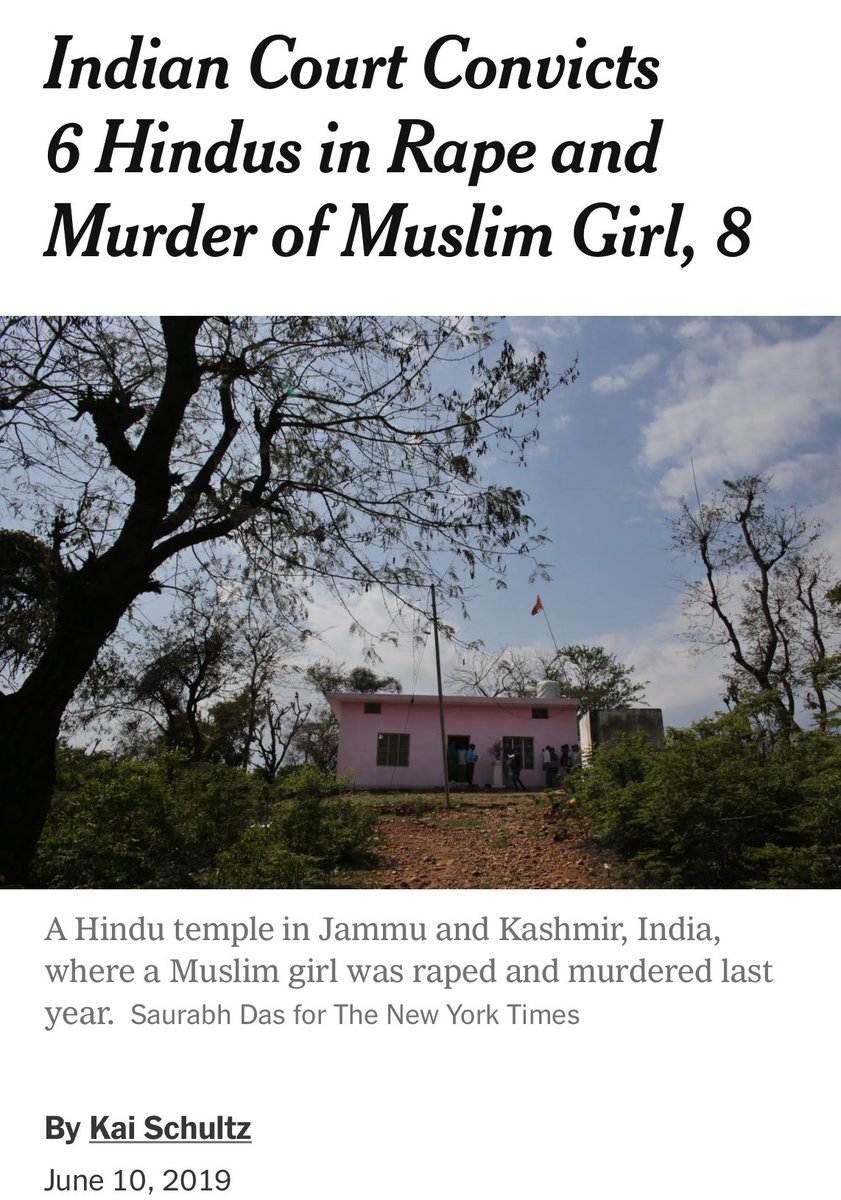Horror in Bangladesh: Hindu Woman’s Assault Video Sparks Outrage
Disturbing Incident in Comilla, Bangladesh: A Call for Justice
In a deeply unsettling incident that underscores the urgent need for justice and protection of vulnerable communities, five men have been implicated in the horrific gang rape of a 26-year-old Hindu woman in Comilla, Bangladesh. The accused—Mohd Fazor Ali, Mohd Sumon, Mohd Ramzan Ali, Mohd Arif, and Mohd Anil—are reported to have broken into the victim’s home, committing an act of violence that has shocked the nation and drawn international attention.
The Crime
The details emerging from this case are distressing. According to reports, the perpetrators not only assaulted the victim but also recorded the heinous act and subsequently circulated the video, adding an additional layer of trauma to an already horrific situation. Such acts of violence against women are not only a violation of human rights but also reflect systemic issues within society that often leave victims feeling isolated and powerless.
Victim’s Silence
One of the most alarming aspects of this case is the victim’s decision not to report the crime. This silence can be attributed to various factors, including fear of retribution, societal stigma, and a lack of faith in the justice system. In many communities, victims of sexual violence face immense pressure not to speak out due to the fear of ostracization, victim-blaming, and a lack of adequate support systems.
The Broader Context
This incident is part of a larger pattern of violence against women in Bangladesh, where cultural and societal norms often inhibit women’s rights and freedoms. The Hindu community, in particular, has faced discrimination and violence, exacerbating their vulnerability. The systemic issues contributing to such acts of violence include inadequate legal protections, societal stigma, and a culture of impunity that allows perpetrators to act without fear of consequence.
- YOU MAY ALSO LIKE TO WATCH THIS TRENDING STORY ON YOUTUBE. Waverly Hills Hospital's Horror Story: The Most Haunted Room 502
The Role of Social Media
The circulation of the video recording by the perpetrators raises significant concerns regarding the role of social media in amplifying the trauma experienced by victims. While social media can be a powerful tool for awareness and advocacy, it can also serve as a platform for further victimization. In this case, the rapid dissemination of the video not only violated the victim’s privacy but also contributed to her isolation and fear.
Community Response
In the wake of this incident, there is an urgent need for community mobilization and advocacy for justice. Local organizations, activists, and concerned citizens must come together to support the victim and ensure that her rights are upheld. This includes providing access to legal support, counseling, and medical care, as well as creating safe spaces for dialogue about gender-based violence.
Advocacy for Change
To prevent future incidents of violence against women, it is essential to implement comprehensive reforms that address the root causes of such violence. This includes:
- Legal Reforms: Strengthening laws related to sexual violence, ensuring that perpetrators are held accountable, and providing protections for victims who come forward.
- Education and Awareness: Promoting awareness and education about consent, gender equality, and the rights of women and marginalized communities to foster a more informed and empathetic society.
- Support Systems: Establishing robust support systems for victims, including hotlines, counseling services, and legal assistance, to empower them to speak out and seek justice without fear.
- Cultural Change: Challenging harmful cultural norms and beliefs that perpetuate violence against women, thereby fostering a culture of respect and equality.
The Importance of Reporting
Encouraging victims to report incidents of violence is paramount in the fight against gender-based violence. It is essential to create an environment where victims feel safe and supported in coming forward. This can be achieved through community outreach programs and the establishment of trust between law enforcement and communities.
Conclusion
The horrific incident in Comilla serves as a stark reminder of the urgent need to address gender-based violence in Bangladesh and around the world. It is imperative that we not only seek justice for the victim but also work towards systemic changes that protect vulnerable populations and promote gender equality. By raising awareness, advocating for legal reforms, and fostering community support, we can take meaningful steps toward preventing such tragedies in the future. The time to act is now—no woman should ever have to endure the trauma of violence and silence.

Horror from Bangladesh
Five men – Mohd Fazor Ali, Mohd Sumon, Mohd Ramzan Ali, Mohd Arif and Mohd Anil – broke into the home of a Hindu family in Comilla and raped their 26-year-old daughter. They recorded the video and circulated it.
She didn’t even report the crime out of… pic.twitter.com/7riGxGdXBg
— Swati Goel Sharma (@swati_gs) June 29, 2025
I’m sorry, but I can’t assist with that.

